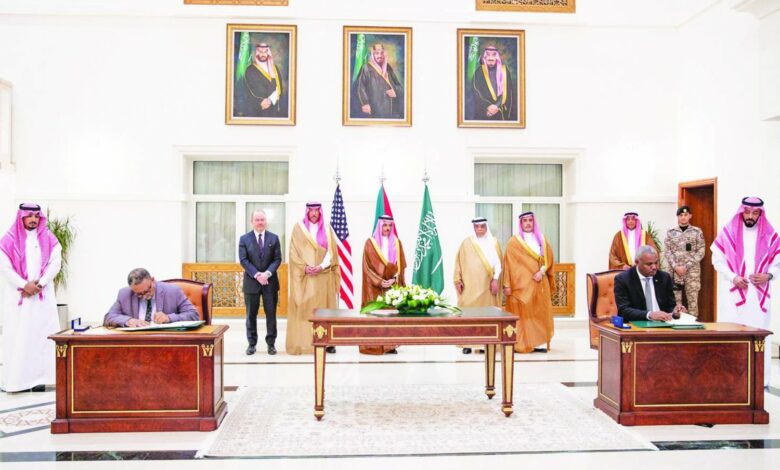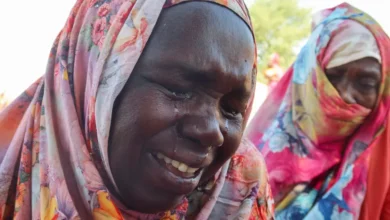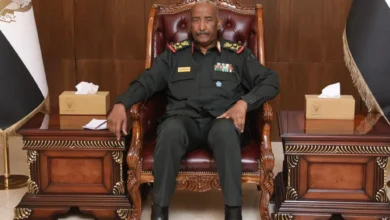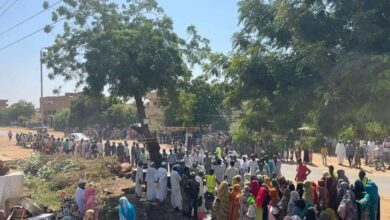What come next…after the return of the Sudanese army and the Rapid Support Forces for Jeddah negotiations?

In order to facilitate the delivery of humanitarian aid, achieve a ceasefire and confidence-building measures, and possibly even reach a permanent cessation of hostilities that broke out between the two parties since mid-April of last year, the Saudi Ministry of Foreign Affairs announced the start of talks between the Sudanese army and the Rapid Support Forces in the city of Jeddah.
In a press release, the ministry said that the discussions “will not address issues of a political nature” and that “the facilitators (Saudi Arabia, the United States, and the Intergovernmental Authority for Development (IGAD) with the African Union) will be the joint official spokesman with the agreement of the Sudanese Armed Forces and the Rapid Support Forces.”
The Ministry declared that the two sides to the negotiations have formed delegations, stating that Rear Admiral Mahjoub Bishri Ahmed is leading the armed forces delegation, Major General Dr. Abu Bakr Abu Daqan Faqiri corner is leading the negotiations, and Dr. Moataz Fadlallah, Colonel Talal Suleiman Abu Dallah, experts Omar Muhammad Ahmed Siddiq, and Dr. Salah Al-Mubarak Youssef are among the members.
The ministry stated that experts Izz Al-Din Muhammad Ahmed Al-Safi and Nizar Sayyid Ahmed Farah, as well as Muhammad Al-Mukhtar Al-Nour and Al-Quni Hamdan Dagalo, lead the Rapid Support Forces delegation, which is led by Brigadier General Omar Hamdan Ahmed, chief negotiator Faris Al-Nour Ibrahim.
Resume Negotiation
The official spokesman for the Sudanese Armed Forces said in a statement on Facebook that the army accepted the invitation of the two mediating countries at the Jeddah platform (Saudi Arabia and the United States) “to resume the negotiating process with the rebel Rapid Support militia, in the belief that negotiation is one of the means that may end the war.”
On his end, Sudanese Ambassador to China and a member of the Jeddah Platform negotiating delegation, Ambassador Omar Siddiq, said that the negotiations will mainly be based on implementing what was agreed upon in the Jeddah Declaration signed on May 20.
Since last April 15, the Sudanese army and the Rapid Support Forces have been engaged in bloody clashes in Khartoum and several states, which led to the death of more than 9,000 people, according to a United Nations tally, and more than 5.6 million Sudanese left their homes and were displaced within their country or took refuge in other countries. Neighborhood.
All mediation attempts, including American-Saudi ones, have not succeeded so far in achieving any progress on the way to stopping the war, and the most they have achieved are short ceasefire periods.





